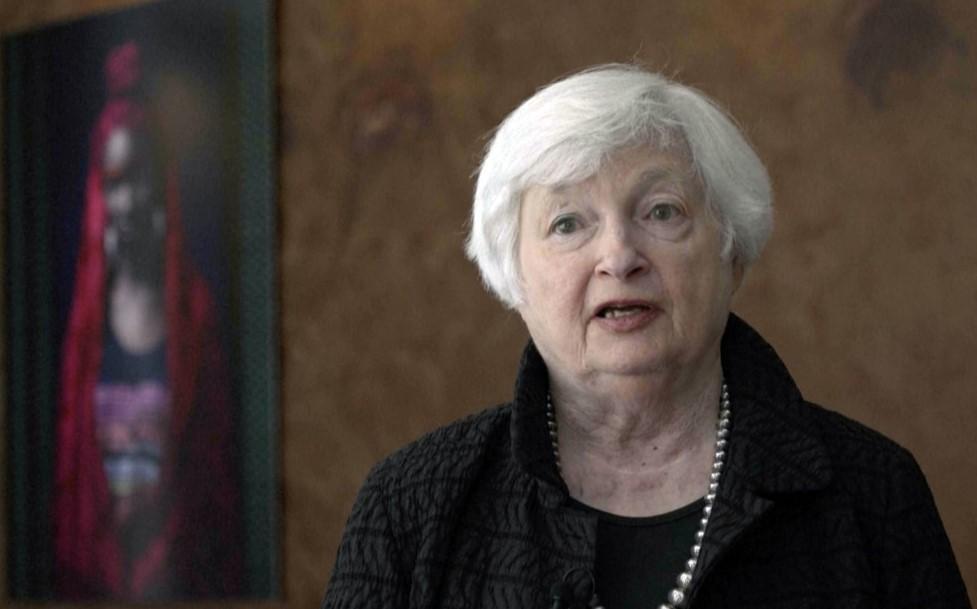Yellen says debt standoff risks ‘calamity’
DAKAR, Senegal

U.S. Treasury Secretary Janet Yellen said in an Associated Press interview Saturday she expects Congress will ultimately vote to raise America’s debt limit, but demands by House Republicans for spending cuts in return for backing an increase are “a very irresponsible thing to do” and risk creating a “self-imposed calamity” for the global economy.
The Biden administration and Republican lawmakers have been at loggerheads over how to increase the government’s legal borrowing capacity. On Jan. 19, the government bumped up against the $31.381 trillion debt cap, forcing the U.S. Treasury Department to take “extraordinary” accounting steps to keep the government running.
Asked in the interview, conducted during her trip to Africa, about such talk of withholding approval for a higher debt limit unless there are accompanying spending cuts, Yellen called that stance “a very irresponsible thing to do” and said it could have serious consequences even before “the day of reckoning.”
“It is possible for markets to become quite concerned about whether or not the U.S. will pay its bills,” she said, pointing to the negative economic impacts of a debt showdown in 2011.
As for a potential default, she said, that “would impose a self-imposed calamity in the United States and the world economy.”
The Treasury’s extraordinary steps so far mean that the U.S. government should be able to operate until some point in June, when the limit would need to be increased to avoid what could be significant economic damage.
Yellen said she has not spoken with the U.S. Rep. Kevin McCarthy, the newly elected Republican speaker of the House.
McCarthy has yet to spell out the size and target of the spending cuts that he contends are needed to put the federal government on a healthier financial path.
President Joe Biden and administration officials have called for a “clean increase,” not linked to cuts, to the borrowing capacity, saying that the risks of an extended impasse could lead to a deep recession that would echo dangerously worldwide if faith is lost in the credit of the U.S. government.
















